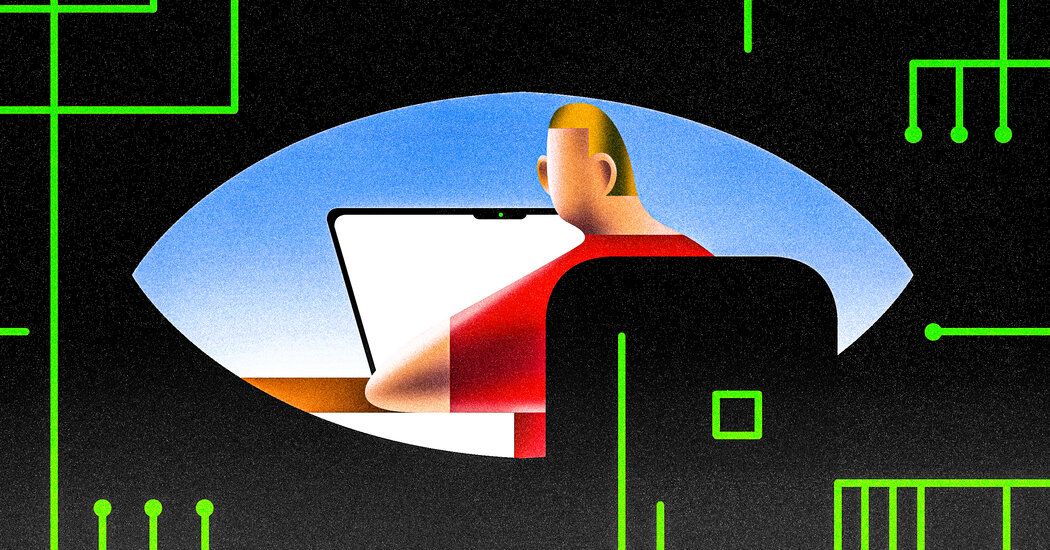
Apple, Microsoft and Google are heralding a new era of what they describe as artificially intelligent smartphones and computers. The devices, they say, will automate tasks like editing photos and wishing a friend a happy birthday.
But to make that work, these companies need something from you: more data.
In this new paradigm, your Windows computer will take a screenshot of everything you do every few seconds. An iPhone will stitch together information across many apps you use. And an Android phone can listen to a call in real time to alert you to a scam.
Is this information you are willing to share?
This change has significant implications for our privacy. To provide the new bespoke services, the companies and their devices need more persistent, intimate access to our data than before. In the past, the way we used apps and pulled up files and photos on phones and computers was relatively siloed. A.I. needs an overview to connect the dots between what we do across apps, websites and communications, security experts say.
“Do I feel safe giving this information to this company?” Cliff Steinhauer, a director at the National Cybersecurity Alliance, a nonprofit focusing on cybersecurity, said about the companies’ A.I. strategies.
All of this is happening because OpenAI’s ChatGPT upended the tech industry nearly two years ago. Apple, Google, Microsoft and others have since overhauled their product strategies, investing billions in new services under the umbrella term of A.I. They are convinced this new type of computing interface — one that is constantly studying what you are doing to offer assistance — will become indispensable.
The biggest potential security risk with this change stems from a subtle shift happening in the way our new devices work, experts say. Because A.I. can automate complex actions — like scrubbing unwanted objects from a photo — it sometimes requires more computational power than our phones can handle. That means more of our personal data may have to leave our phones to be dealt with elsewhere.
We are having trouble retrieving the article content.
Please enable JavaScript in your browser settings.
Thank you for your patience while we verify access. If you are in Reader mode please exit and log into your Times account, or subscribe for all of The Times.
Thank you for your patience while we verify access.
Already a subscriber? Log in.
Want all of The Times? Subscribe.
